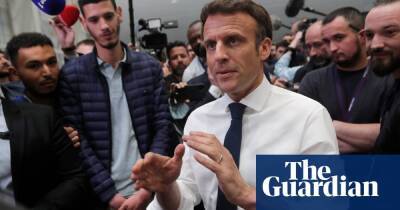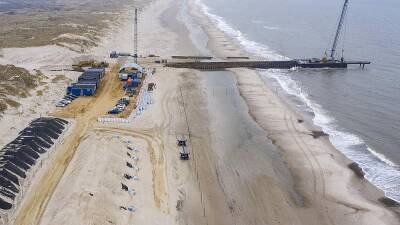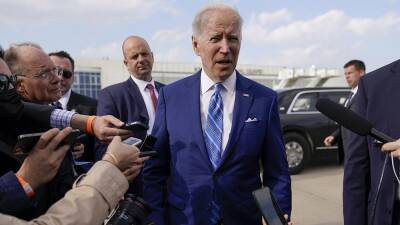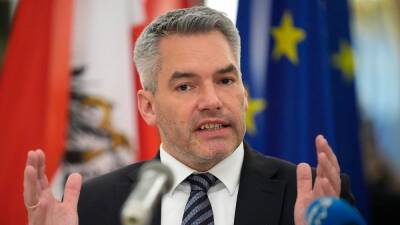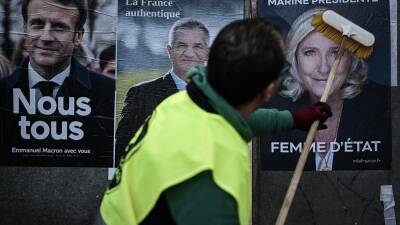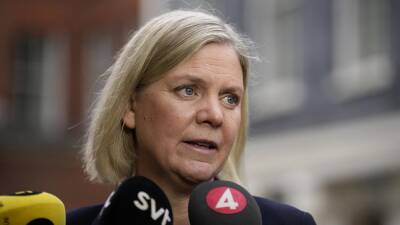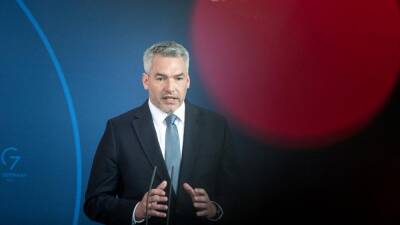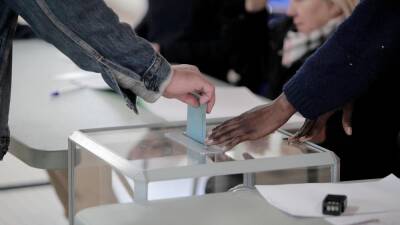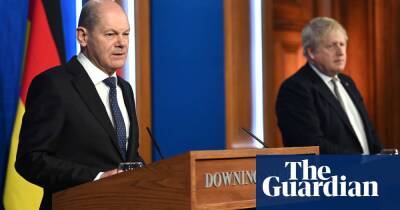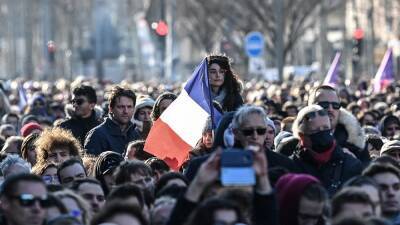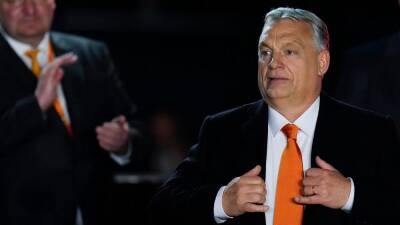Six takeaways from the first round of France's presidential election
The first round of France's presidential election took place on Sunday with a high abstention rate and some of the same faces as the contest that took place five years ago.
President Emmanuel Macron remains the favourite to win the race but faces a tough challenge from far-right leader Marine Le Pen.
Here are six takeaways from the first round of the presidential election in Europe's second-largest economy.
Once again, Emmanuel Macron will face far-right National Rally leader Le Pen in the runoff presidential race on 24 April in a repeat of the 2017 contest in what's set to be a much closer race than five years ago.
Macron finished first on Sunday at around 27.4%, according to the interior ministry, followed by Le Pen in second place at 24%. They were the two qualifiers for the second round of the election.
Several candidates, including Socialist Anne Hidalgo and Conservative Valérie Pécresse, have said they would support Macron in the runoff election to "block the far-right," while acknowledging their differences with the incumbent president.
Macron admitted in his speech that he knew some would only vote for him to block Le Pen and did not actually support his proposals.
Both Macron and Le Pen appeared set to beat their first round results in 2017 but a poll from Ifop projected a much tighter race than in 2017 in this year's runoff with Macron at around 51% and Le Pen at 49%.
"The two weeks of campaign ahead are going to be extremely tough: they will have to make up for the lack of campaign we experienced until now," said Tara Varma, head of the European Council on Foreign Relations' Paris office.
Far-left leader Jean-Luc Mélenchon was set to come in third place with a result several points higher than in the 2017 election.
The
Read more on euronews.com


